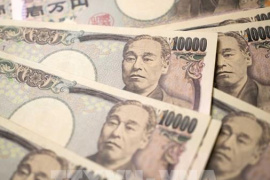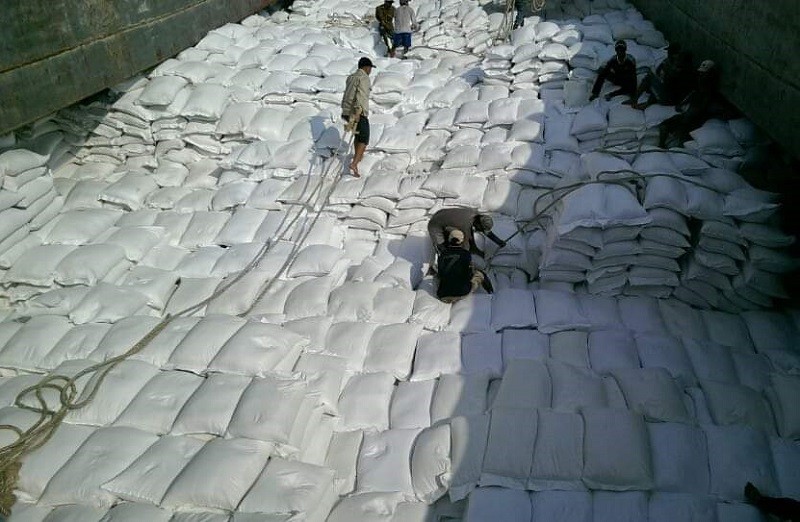The financing comprises a $100 million loan from ADB’s ordinary capital resources that will be dedicated to WSME financing anda $300 million syndicated parallel loanwith $100 million from the Sumitomo Mitsui Banking Corporation (SMBC), $100 million from the Australia and New Zealand Banking Group (ANZ), and $100 million from Maybank Securities Pte. Ltd. The financial package also includes a $100 million facility that was cofinanced by Japan International Cooperation Agency (JICA) and SMBC and signed last October 2021.
The parallel loans were jointly mobilized by ADB and SMBC, who were also joint Mandated Lead Arrangers and bookrunners for the JICA facility.The parallel loans will be used to support micro, small, and medium-sizedenterprises (MSMEs) and social loan projects. Social loans finance activities and projects that address social issues or achieve positive social outcomes. Eligible projects can include loans to MSMEs and WSMEs, support for public and private healthcare products and services, development of public and private educational infrastructure facilities, and support for affordable housing.
“COVID-19 has severely affected many businesses,so improving their access to finance is a vital step to post-pandemic recovery, particularly for women-run businesses which face greater difficulties in accessing capital,”said ADB Vice-President for Private Sector Operations and Public–Private Partnerships Ashok Lavasa. “ADB is pleased to be working with VPBand in partnership with the Women Entrepreneurs Finance Initiative (We-Fi)to improve access to finance for underserved femaleborrowers' in Viet Nam.”
SMEsaccount for 40% of Viet Nam’s gross domestic product and half of all employment. Access to commercial finance is a challenge,particularly for women borrowers who often face constraints such as lack of collateral, low financial literacy, higher risk perception by banks, and limited awareness among banks of the potential of the women’s market.
The financial package will help VPB design new products and procedures to enhance its support to WSMEs. A $750,000 performance-based grant funded by We-Fi will incentivize VPB to expand its services to female borrowers and undertake a first-of-its-kind randomized control trial studyin Viet Nam on financial inclusion for WSMEs.
“These funds will help VPB promote lending programs for SMEs, WSMEs, and other companies providing services such as healthcare, education, sanitation, and transport, by giving them access to relatively low-cost capital,” said VPB CEO Nguyen Duc Vinh.
VPB is a leading joint-stock bank in Viet Namwith robust digital platforms that help meet the needs of its retail and SME customers using innovative and customized products.VPB’s Social Finance Framework is aligned with internationally recognized Social Bond Principles and Social Loan Principles and has been reviewed and evaluated by Morningstar Sustainalytics, a global leader in environmental social governance research.






